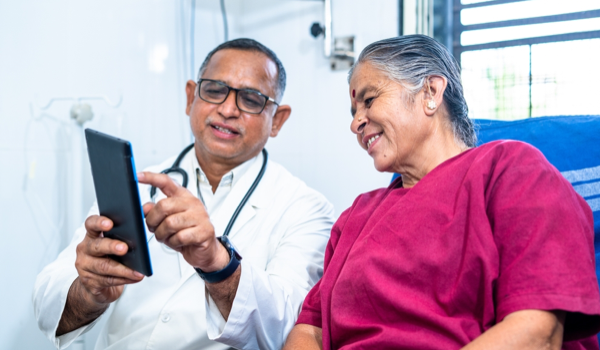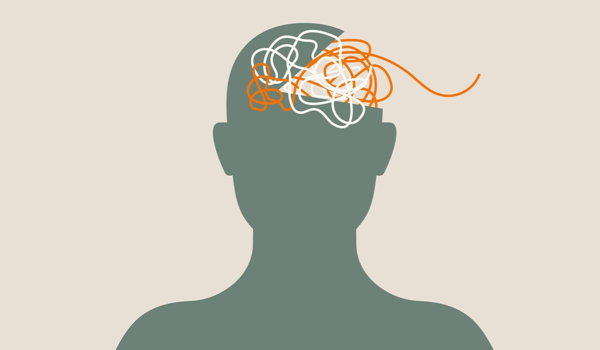


CALIFORNIA - Artificial intelligence (AI) has played an especially important role in viral detection. By combing through billions of data points, AI tools can help identify new viruses by notifying scientists of viral RNA that looks novel, such as a new COVID-19 variant.
If done manually, this is a process that would take years, if not decades - leaving public health leaders in the dark as new viral variants emerge and take hold. Therefore, AI has become a critical and necessary tool for building an effective modern public health system.
A new grant established by the United States’ National Institutes of Health is devoting millions of dollars to try and advance this technology even further. There are certain changes in the structure of viruses that are more concerning than others to human health - these viral changes are usually those that make viruses more virulent (more deadly), more transmissible, or more likely to evade antibodies, and they usually occur on the spike protein, an important part of the SARS-COV-2 virus that it uses to pierce and infiltrate cells.
A team at the University of Florida is training an AI algorithm to detect and notify scientists of these more threatening changes, and to do so more quickly.1 This technology could help augment and accelerate a public health response which would save millions of lives and reduce the burdens on overtaxed health systems.
Harvard University researchers in collaboration with the Massachusetts Institute of Technology and their jointly-run Broad Institute are also training AI to be able to predict not only which variants are likely to arise, but also which are likely to cause surges in cases. They are accomplishing this by training the model on over six million SARS-COV-2 genomes.
Identifying threats
When these or similar varia
The content herein is subject to copyright by The Yuan. All rights reserved. The content of the services is owned or licensed to The Yuan. Such content from The Yuan may be shared and reprinted but must clearly identify The Yuan as its original source. Content from a third-party copyright holder identified in the copyright notice contained in such third party’s content appearing in The Yuan must likewise be clearly labeled as such. Continue with Linkedin
Continue with Linkedin
 Continue with Google
Continue with Google










 826 views
826 views







